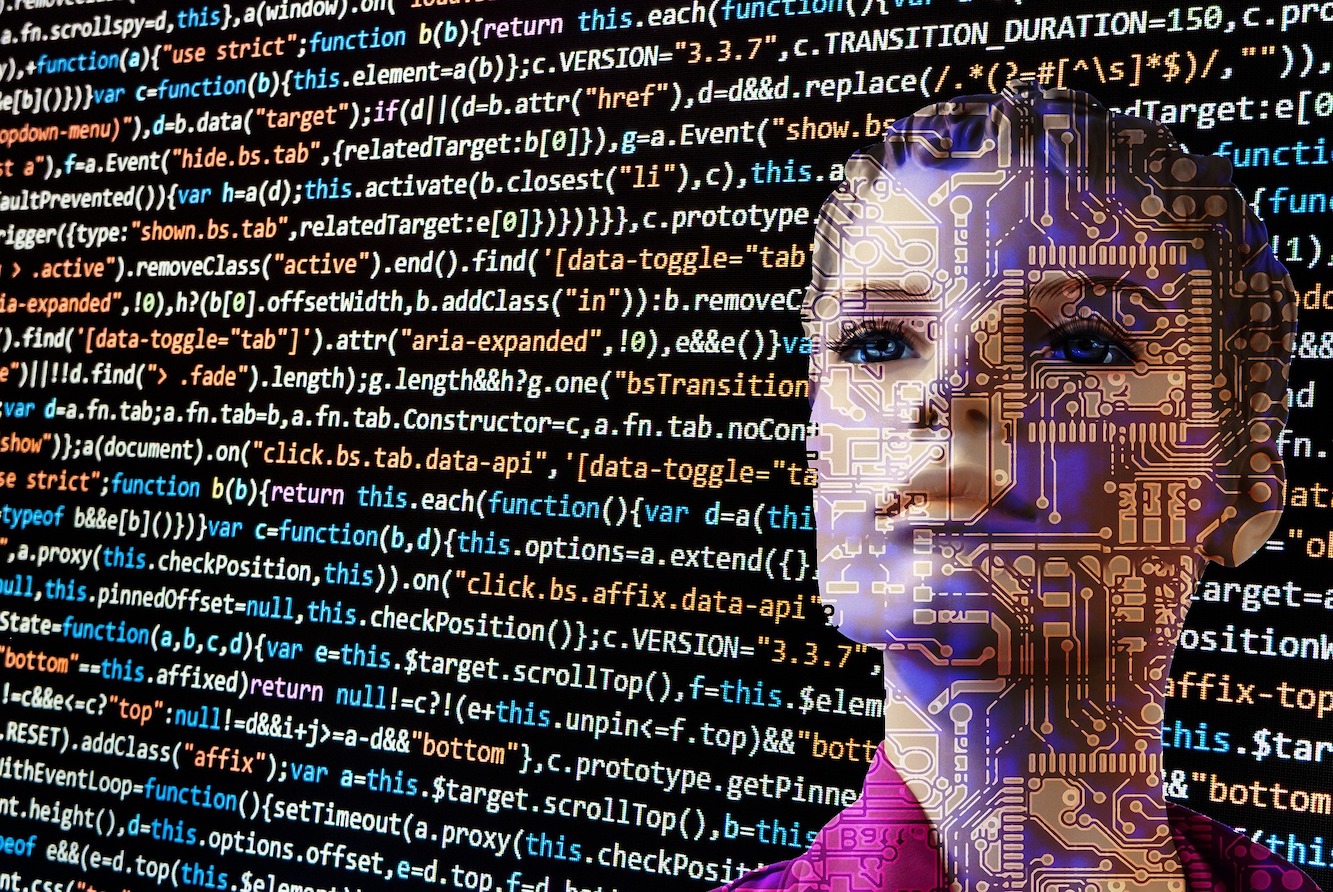In the fast-paced realm of technology, the convergence of artificial intelligence (AI) and automation is catalyzing a transformative shift in the job market. From manufacturing and logistics to healthcare and finance, the impact of AI and automation is reshaping industries, challenging traditional job roles, and presenting both opportunities and challenges for the global workforce.
The Rise of the Machines:
The concept of automation isn’t new, but the integration of AI has added a new layer of sophistication and adaptability to the process. AI-powered machines are no longer confined to repetitive tasks; they are now capable of learning from data, recognizing patterns, and making decisions autonomously. This leap in technology has brought about a surge in productivity, efficiency, and cost reduction across various sectors.
Disruption in Traditional Industries:
- Manufacturing: The manufacturing industry has been at the forefront of automation for years. Robots are now commonplace on factory floors, assembling products with precision and consistency. This shift has reduced the need for low-skilled manual labor while creating demand for technicians, engineers, and data analysts to maintain and optimize these automated systems.
- Logistics: The logistics and transportation sectors are experiencing a transformation through the use of autonomous vehicles and drones. AI algorithms optimize routes, track inventory, and predict maintenance needs, reducing costs and improving delivery times. However, this shift can displace truck drivers and warehouse workers, necessitating upskilling and retraining programs.
- Healthcare: AI is becoming a powerful ally in the healthcare industry. Medical diagnosis, drug discovery, and even surgery can benefit from AI-driven insights. While AI can streamline healthcare processes and enhance patient care, it also raises concerns about the job security of radiologists, pathologists, and other medical professionals whose roles may be partly automated.

New Horizons and Opportunities:
- AI Specialists: The rise of AI has created a significant demand for professionals who can design, develop, and maintain AI systems. Machine learning engineers, data scientists, and AI researchers are among the most sought-after experts in today’s job market.
- Human-AI Collaboration: Many experts believe that the future of work lies in collaboration between humans and AI. Jobs that require creativity, emotional intelligence, and complex problem-solving, such as artists, therapists, and strategists, are likely to remain in demand.
- Reskilling and Upskilling: To adapt to this evolving job landscape, individuals and organizations must prioritize continuous learning. Reskilling and upskilling programs can help workers transition into new roles and industries, ensuring their employability in the age of automation.
Ethical and Societal Concerns:
As AI and automation proliferate, ethical considerations come to the forefront. Issues related to data privacy, algorithmic bias, and job displacement must be addressed proactively. Governments, businesses, and educational institutions should collaborate to establish policies, guidelines, and support systems that mitigate negative impacts and promote responsible AI deployment.
Conclusion:
The integration of AI and automation is fundamentally changing the job market. While some traditional roles are at risk of automation, new opportunities are emerging in AI-related fields and positions that require uniquely human skills. To navigate this transformative period successfully, individuals and organizations must embrace lifelong learning, ethical practices, and a commitment to harnessing technology for the betterment of society. The future of work is evolving, and it is incumbent upon us to adapt and thrive in this new era of AI and automation.
